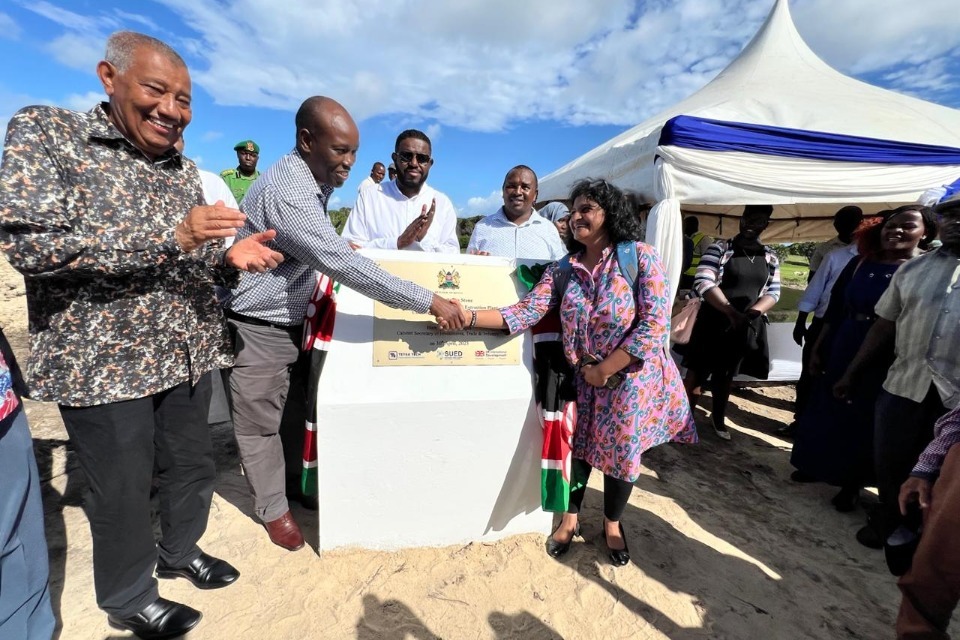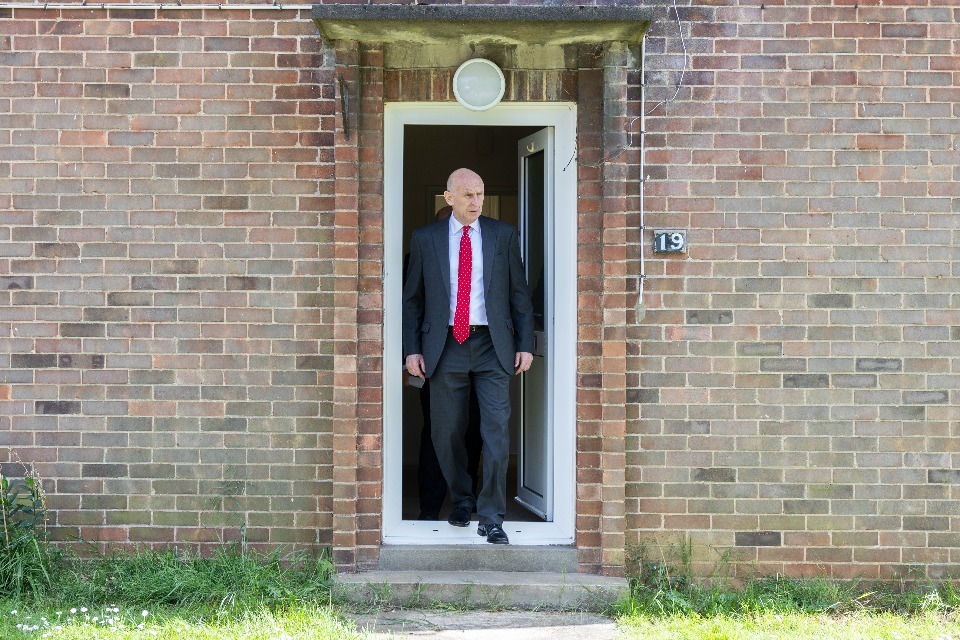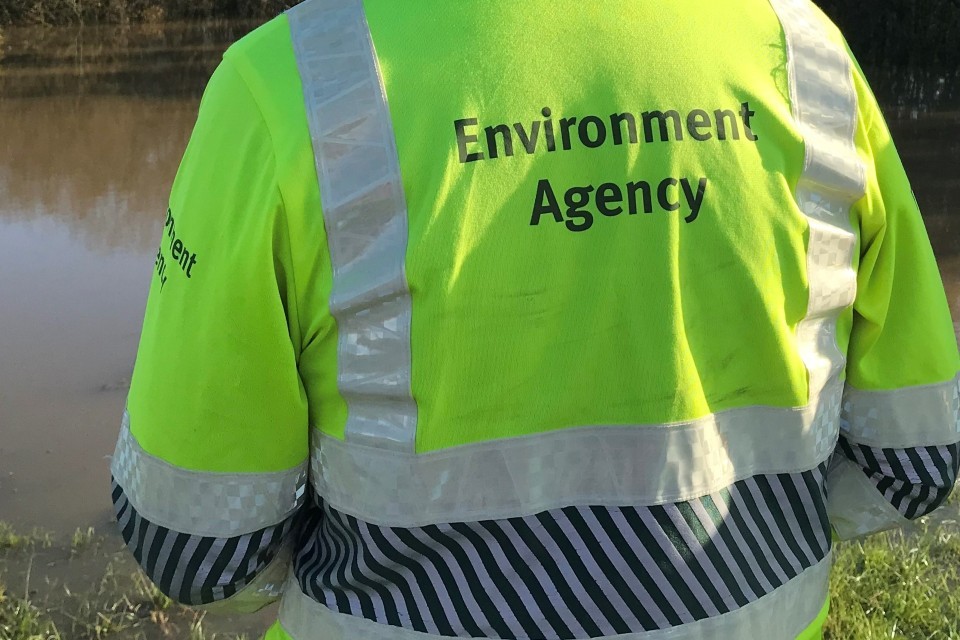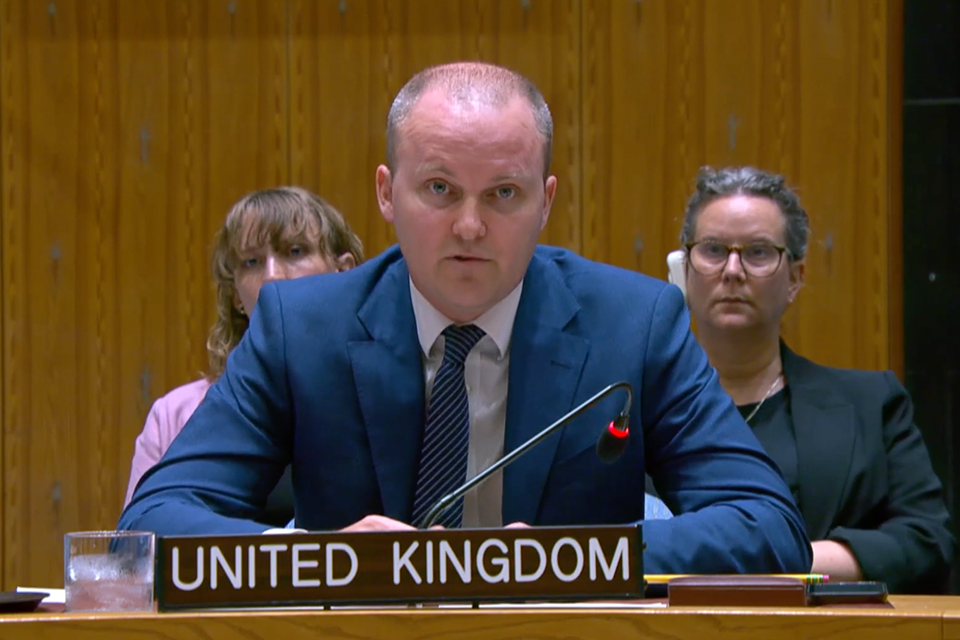The UK, Kenya, and the County Government of Lamu have joined forces to lay the foundation stone at a new cotton processing facility in Lamu County.
This four-way partnership between the UK, national government, local government and the private sector is a great example of the how the UK and Kenya are working together to deliver homegrown economic growth and jobs – a standout example of the tangible results that collaboration can achieve.
Construction will begin immediately and is hoped to be completed by November 2025. The project is expected to support up to 5000 jobs in the next three years.
The Hon. Lee Kinyanjui, Cabinet Secretary for Ministry of Investments, Trade and Industry, said
The ginnery, by Thika Cloth Mills, will boost cotton uptake and thus earn farmers more income, create jobs, and provide raw material for the textile industry.
With the infrastructure supporting export including a special economic zone, Lamu Port and LAPPSET, Lamu will be the hub for investors in the region.
British Deputy High Commissioner to Kenya, Ed Barnett, said
The UK is a long-term partner for long-term economic growth in Kenya. This project is a testament to the power of partnerships – the UK, national government, and county governments have joined forces with the private sector to deliver 5,000 jobs and future economic growth.
This partnership will reduce reliance on imports, put money in the pockets of farmers. It will strengthen, stabilise and support a sustainable homegrown cotton industry in Kenya. Long live Kenya kanga!
This partnership directly supports the Government of Kenya’s textiles and garments national development priority, by reducing reliance on foreign imports – which currently make up around 90% of cotton in the country. Kenya currently produces 3,000 bales of cotton per year, whilst the total demand ranges between 140,000 – 260,000. This partnership will develop a homegrown cotton industry and allow Kenyan businesses to capitalise on economic opportunities within their own country.
The processing plant will create jobs and stimulate economic growth in Lamu County. It is hoped the facility will triple cotton production in Lamu from 2,000 bales per year to 6,000 over the next three years. This will also support local cotton farmers as the facility will be built close to farms, reducing transportation costs as well as providing them with a larger market for their produce. The proposed plant will not only source cotton from Lamu County but from Kilifi, Tana River, Kwale, and Taita Taveta counties.
The reduced need for transportation is expected to decrease the carbon footprint of the textile production process by 262 metric tons of carbon dioxide every year, supporting Kenya’s climate ambitions.
This project will also have a positive social impact and place a significant emphasis on providing substantial economic opportunities to women and promoting gender equality, as the employees at the processing plant are expected to be at least 50% women.
The programme falls under the UK’s Sustainable Urban Economic Development programme (SUED), which aims to add value to Kenyan agricultural produce before export.
The UK has provided seed-funding to de-risk the investment for all partners involved. The Government of Kenya has provided additional funding, with the remaining funds being provided by Thika Cotton Mills. Lamu County sealed the deal by providing land for the ginnery.
SUED has been operational in Lamu for four years, and this is the programme’s fourth value-chain project in the county. It has secured investors for the cotton ginnery as well as fish processing, coconut processing, and cashew nut processing facilities. Across Kenya, our £8 million seed fund investments through SUED have helped unlock £48 million in private capital and supported the creation of more than 10,000 jobs.
The UK Government partners with Kenya across multiple sectors in Lamu County. The UK supports trade and investment though the development of infrastructure and customs processes at Lamu Port; regional security through programmes to counter violent extremism; and environmental programmes to reduce plastic pollution and increase biodiversity.
Notes for Editors
Photo and video content
Google Drive link
The UK-Kenya Strategic Partnership
The UK-Kenya strategic partnership joint statement can be found here.
Funding
-
The UK has provided seed funding to de-risk a private sector investment project.
-
The Government of Kenya has subsequently provided additional financing to further support the investment through the Kenya Development Corporation (KDC)
-
The Lamu county government has supported the venture with land acquisition and created an enabling local operating environment.
What is the SUED program?
SUED is a seven year, £43m programme that seeks to create jobs and promote inclusive economic growth in selected municipalities across Kenya, through better urban planning and by attracting increased investment – including both investments in climate resilient infrastructure and agricultural processing projects
Thika Cotton Mills
-
Thika Cloth Mills Limited (TCM) was established in 1958 and is one of the leading Kenyan textile manufacturers.
-
The mission of the company is “Bringing textiles home”, and the vision is “Creation of employment to improve livelihoods and alleviate poverty in Kenya”.
-
The company has been an active participant in the “Buy Kenya Build Kenya”3 initiative, sourcing most of their raw materials locally.
-
TCM owns and operates a plant in Thika that employs 700 staff and manufactures 100% cotton fabrics, polyester cotton fabric and blended polyester viscose.
-
TCM currently sources raw cotton lint from ginneries in Makueni, Kitui, Rift Valley, and Meru.
-
They work with over 10,000 farmers covering approximately 50% of Kenya’s cotton growing region
British High Commission Tom Walker [email protected]
SUED Louisa Nandege Ssennyonga [email protected]








